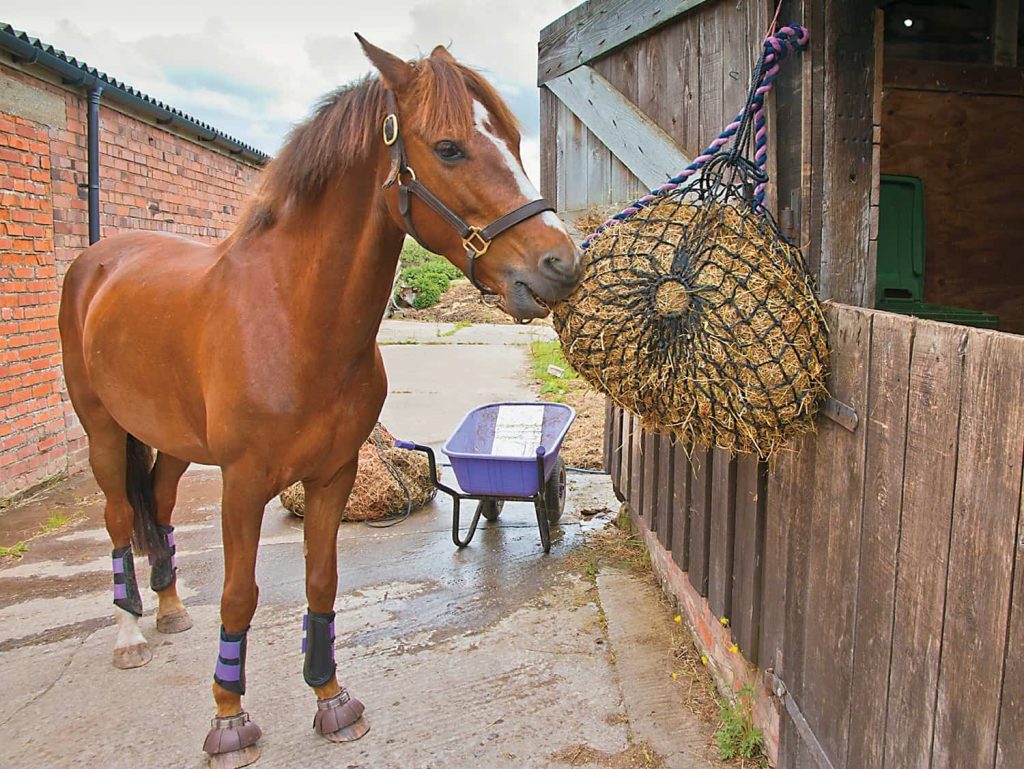
Understanding Inflammation in Horses
Discover how the horse’s immune system uses inflammation to defend against pathogens.
Horse-health-problem risk factors, prevention, diagnosis, and treatment

Discover how the horse’s immune system uses inflammation to defend against pathogens.

Is one grass hay variety more palatable than another? Should I feed my horse the first or second cutting of hay? Equine nutritionists answer these questions and more.

Learn about some of the common plants toxic to horses and their effects in this article from The Horse‘s Fall 2024 issue.

Find out how proper nutrition, including high-quality protein, could help improve muscling over your horse’s back.

Choose safer times and grasses for your horses for turnout while safeguarding their feet from laminitis. Learn more in this article from The Horse‘s Summer 2024 issue.

An equine nutritionist describes how to promote weight loss in horses that cannot be ridden.

Vegetable- and marine-based sources can provide your horse with essential omega-3 fatty acids. Consider these factors when choosing an omega-3 supplement for your horse.

A magnesium oxide blend decreased squamous ulcer scores in French Trotter horses in training, suggesting its potential as a buffering option.

Discover key signs that could indicate 2 types of gastric ulcers in your horse so you can take proactive steps to ensure his peak health.

Does your horse devour his meals? Slowing your speedy eater at mealtime can help prevent issues such as choke and wasted feed.

What can you do to protect your horse’s sensitive stomach against gastric disease?

Researchers found horses with gastric ulcers are under greater oxidative stress and concluded the animals might benefit from additional antioxidant therapy.

Here’s how officials plan to keep international equine athletes safe from infectious disease in Versailles.

Discover which horses can benefit from higher carbohydrate levels in their diets and the feeds that can supply them.

Experts share the causes of this uncomfortable skin reaction in horses, along with treatment options and prevention strategies.

Dr. Frank Andrews describes how you can reduce your horse’s risk of hindgut ulcers while helping him safely lose weight.
Stay on top of the most recent Horse Health news with
"*" indicates required fields